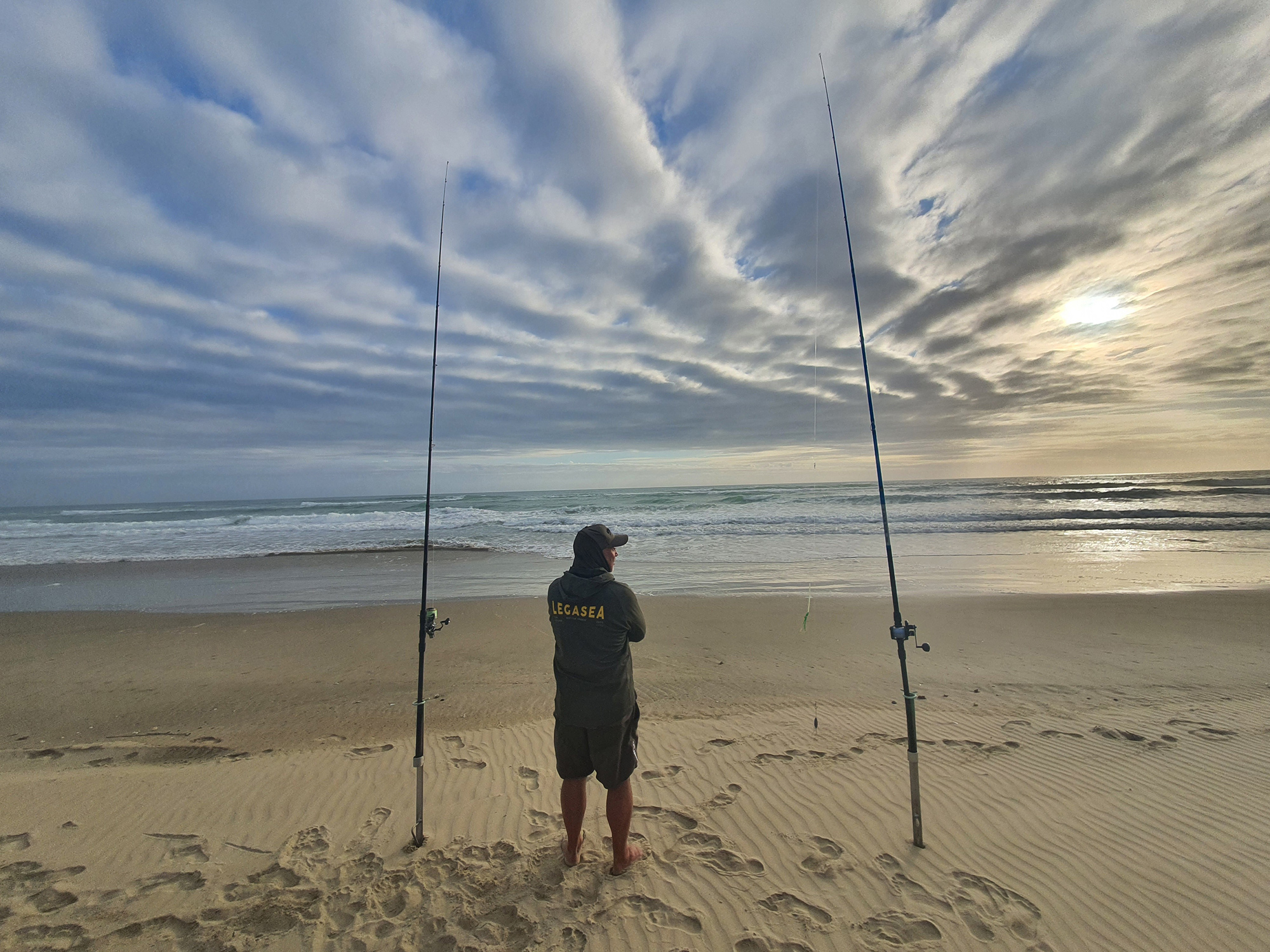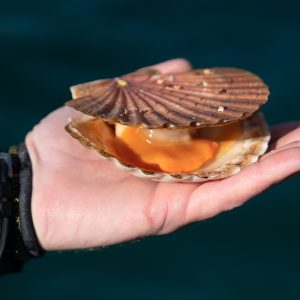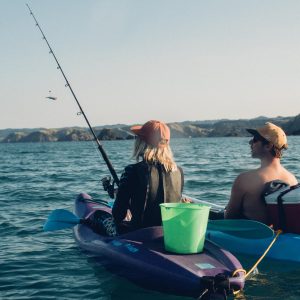Our oceans serve a much greater purpose than just being a source of kai moana. The value of spending time with whanau fishing off your local wharf or on Grandad’s dinghy is priceless. Exchanging stories at the end of a long day is what makes lasting memories.
What might go unnoticed is the contribution such experiences provide to local economies. As many of us flock to our seaside escapes, it’s the money we spend while there that small coastal towns depend on to make ends meet for the remainder of the year.
A 2016 study found that recreational fishers spend $946 million per annum on their fishing adventures, which generates about $1.7 billion in economic activity nationwide. If we factor in the social and cultural benefits, it is a big return from a day out on the ocean for around 700,000 of us.
The COVID-19 pandemic showed the vulnerability of our small coastal towns. Countless stores and motels closed because without tourists there was no income.
A similar scenario could repeat itself if our fisheries collapse. Charter operations and tackle shops would go out of business. Fishing clubs and events would disappear.
For example, the collapse of the Coromandel scallop beds meant Whitianga faced the prospect of losing over a million dollars generated from the annual Whitianga Scallop Festival. This income included ticket sales and the indirect spending on local motels and restaurants – that’s a lot of money for a small town.
Faced with no scallops, the organisers developed a new concept – the Whitianga Oceans Festival. One of the country’s first sustainability sourced seafood festivals. The event organisers acknowledged the importance of protecting the remaining scallop beds and supported Ngāti Hei when they laid the rāhui to protect local scallops from harvest.
This situation highlights how easily small towns and businesses can lose income if our oceans are not healthy and productive.
Charter operators are another threatened species if there are no fish to catch, they go out of business leaving a domino effect in their wake. This cripples other businesses reliant on the tourists who travel the country to enjoy an unforgettable charter experience.
We need to find a balance between utilisation and restoration of our fish, where communities and businesses can benefit from non-commercial fishing, but not at the expense of our marine environment.
Some fishing event organisers have caught onto this concept, adopting a catch-and-release approach instead of the traditional weigh-in. These days, participants only need to provide a photo of their prized catch against a measuring mat.
Fishers value the experience of fishing with friends, enjoying the ocean and the whole range of marine life it supports. It’s not just about what they can catch.
If we don’t prioritise rebuilding fish populations and restoring balance back to our marine ecosystems, we can never hope to generate a meaningful, reliable income stream for our regions.





